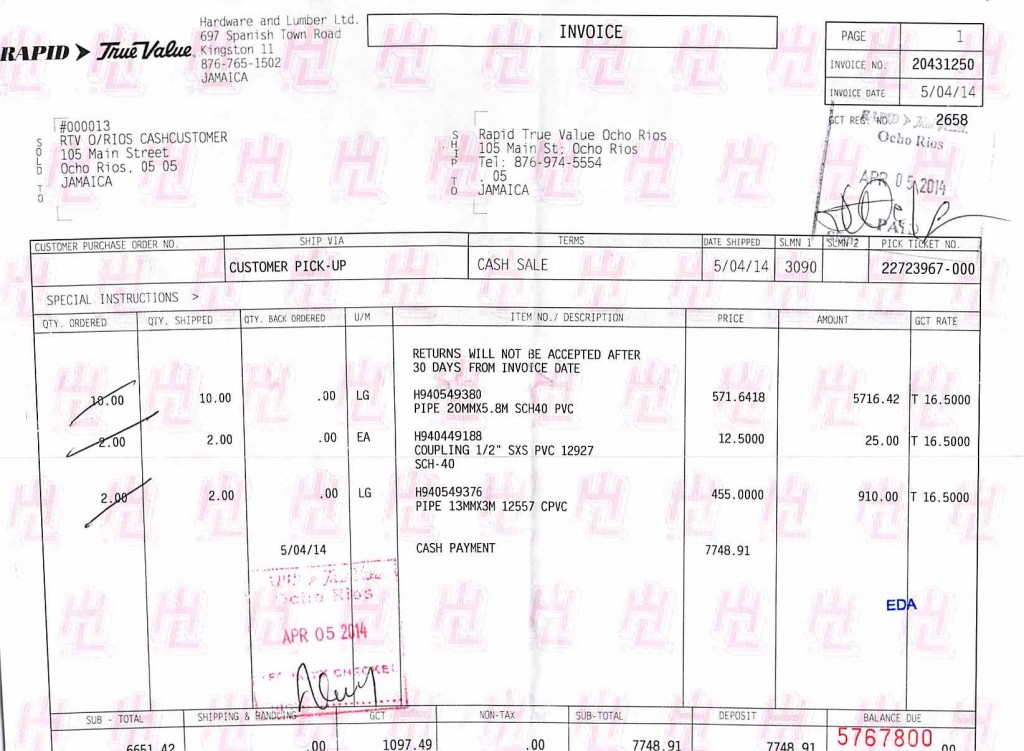Bloomberg reports on a case in CA where Deutsche Bank is being sued for evicting the tenant of a foreclosure in violation of the federal Protecting Tenants at Foreclosure Act of 2009
Rothschild, legal director at the Western Center on Law and Poverty, said the January ruling established that tenants can take owners who acquire properties through foreclosure to state court for violating protections Congress afforded renters under the 2009 Protecting Tenants Against Foreclosure Act. The law doesn’t give renters the right to sue in federal court.
An attorney for the United Trustees Association states:
The overly broad decision may lead to a proliferation in lawsuits for breach of the lease imposed upon purchasers at a foreclosure sale. With no prior knowledge, a purchaser at a foreclosure sale now may be burdened with a lease with unlimited combinations of potential contractual obligations ranging from unilateral renewal rights to mandatory substantial improvements to the property.
All of this could make buying an occupied or recently vacated unit a dicey situation.

 Friendly people, but clearly they do not have an equivalency of OSHA, or traffic cops for that matter as there was a lot of chaos both at the building center and on the roads.
Friendly people, but clearly they do not have an equivalency of OSHA, or traffic cops for that matter as there was a lot of chaos both at the building center and on the roads.

